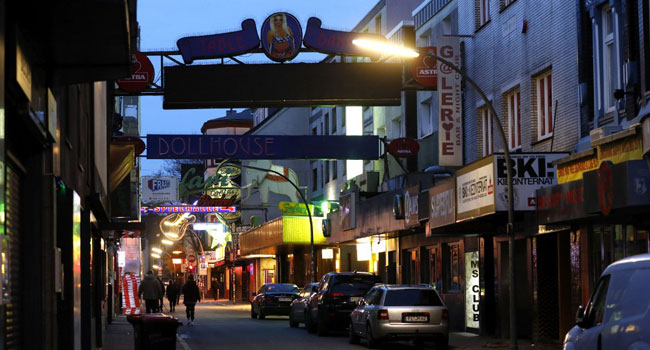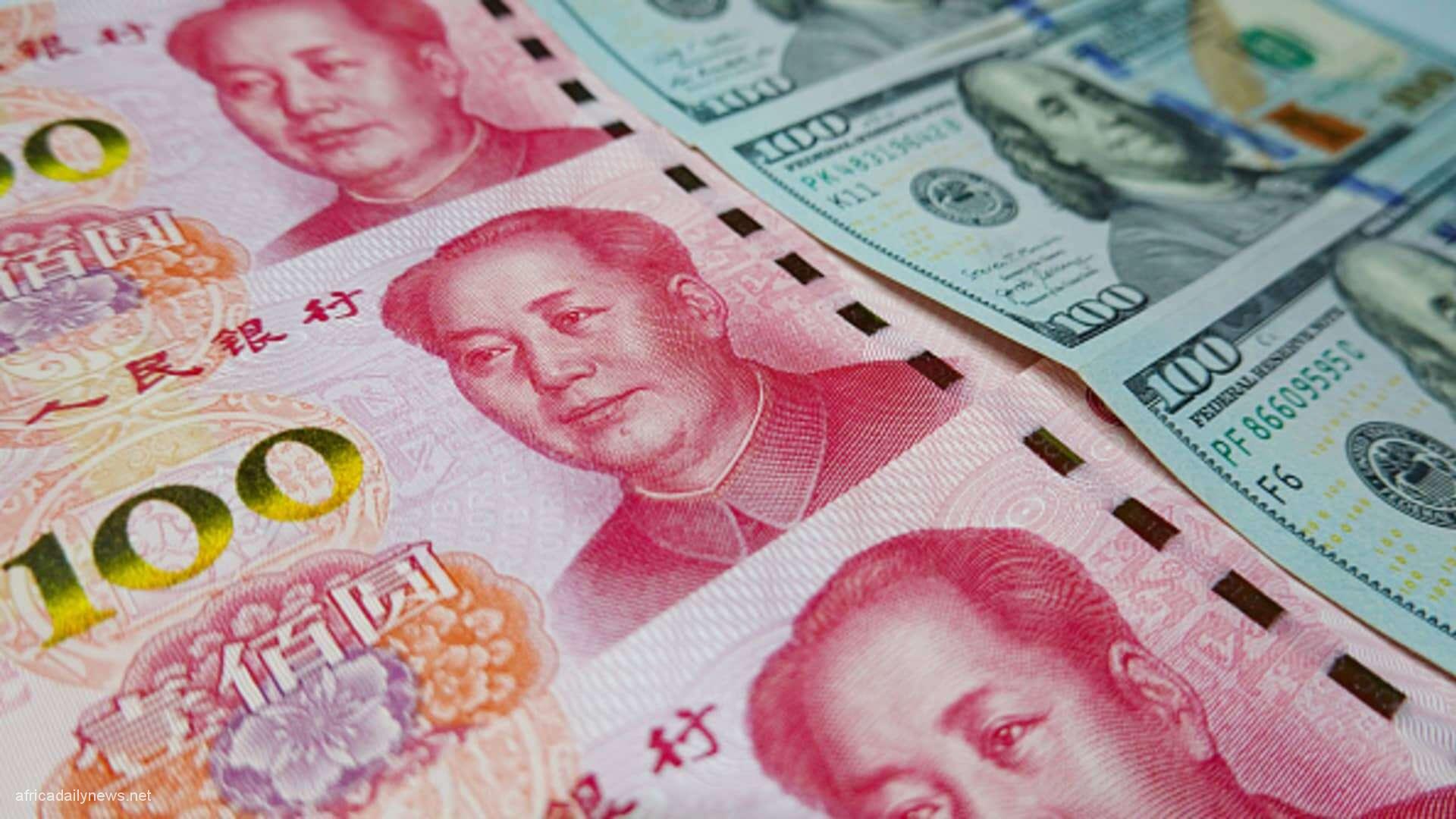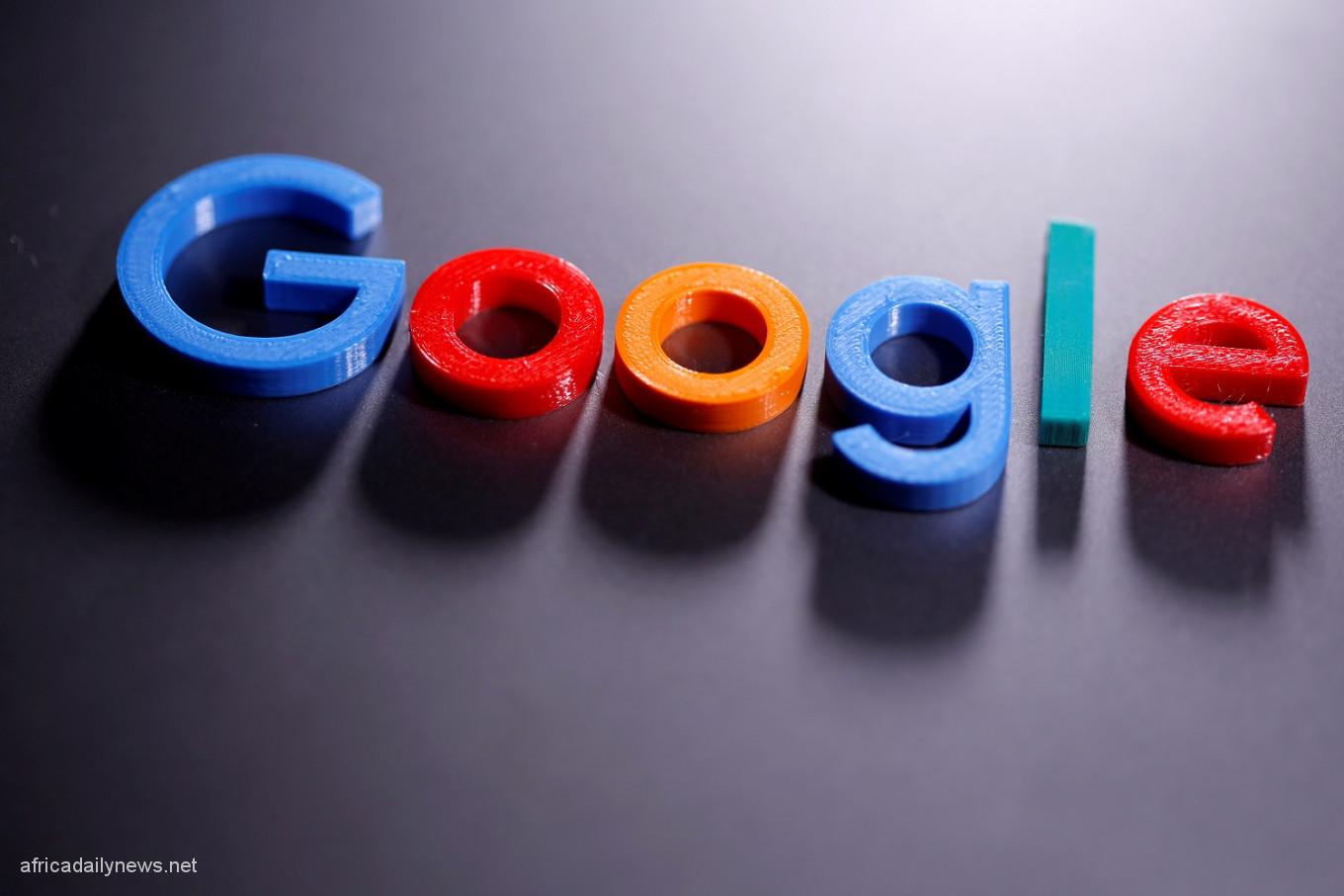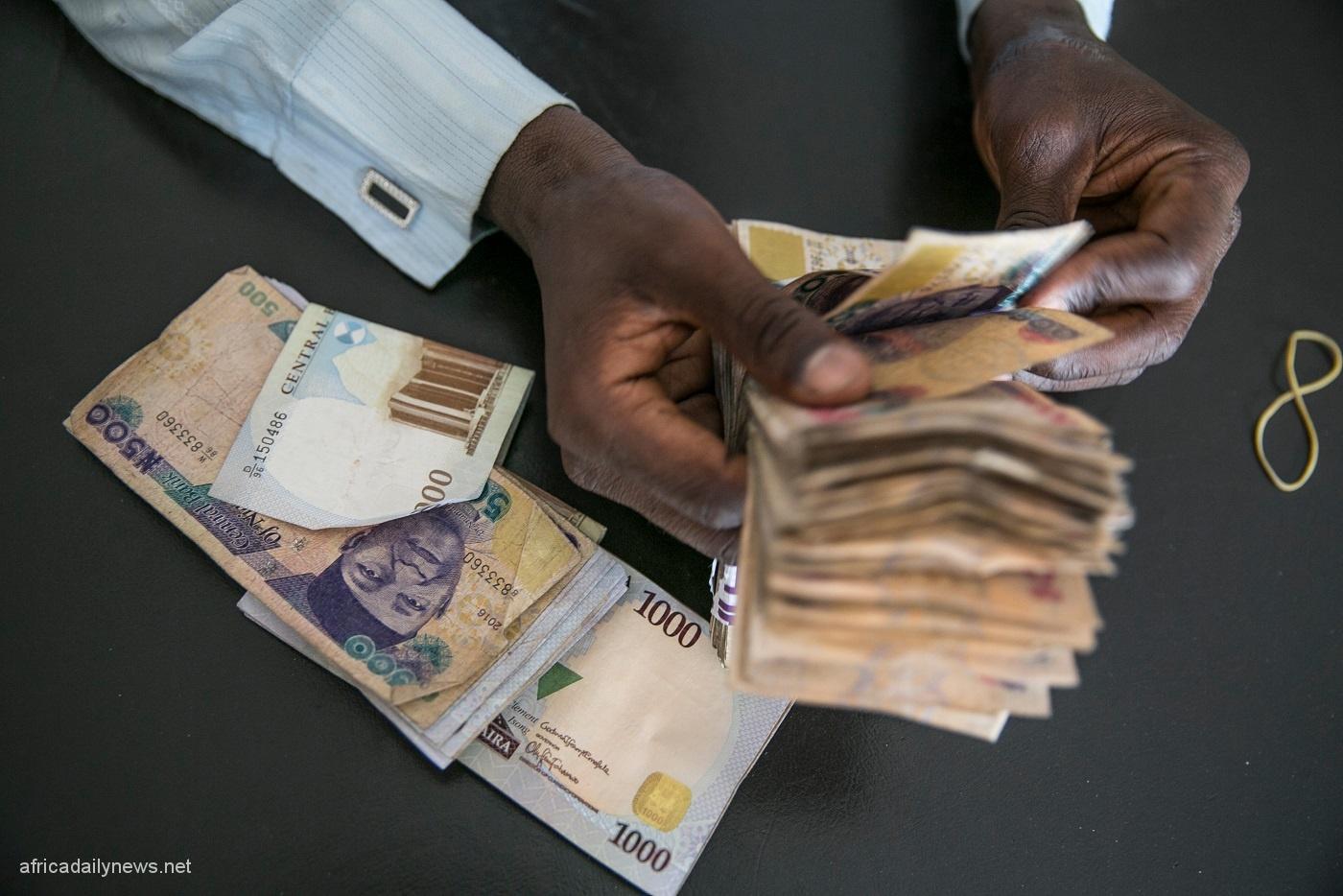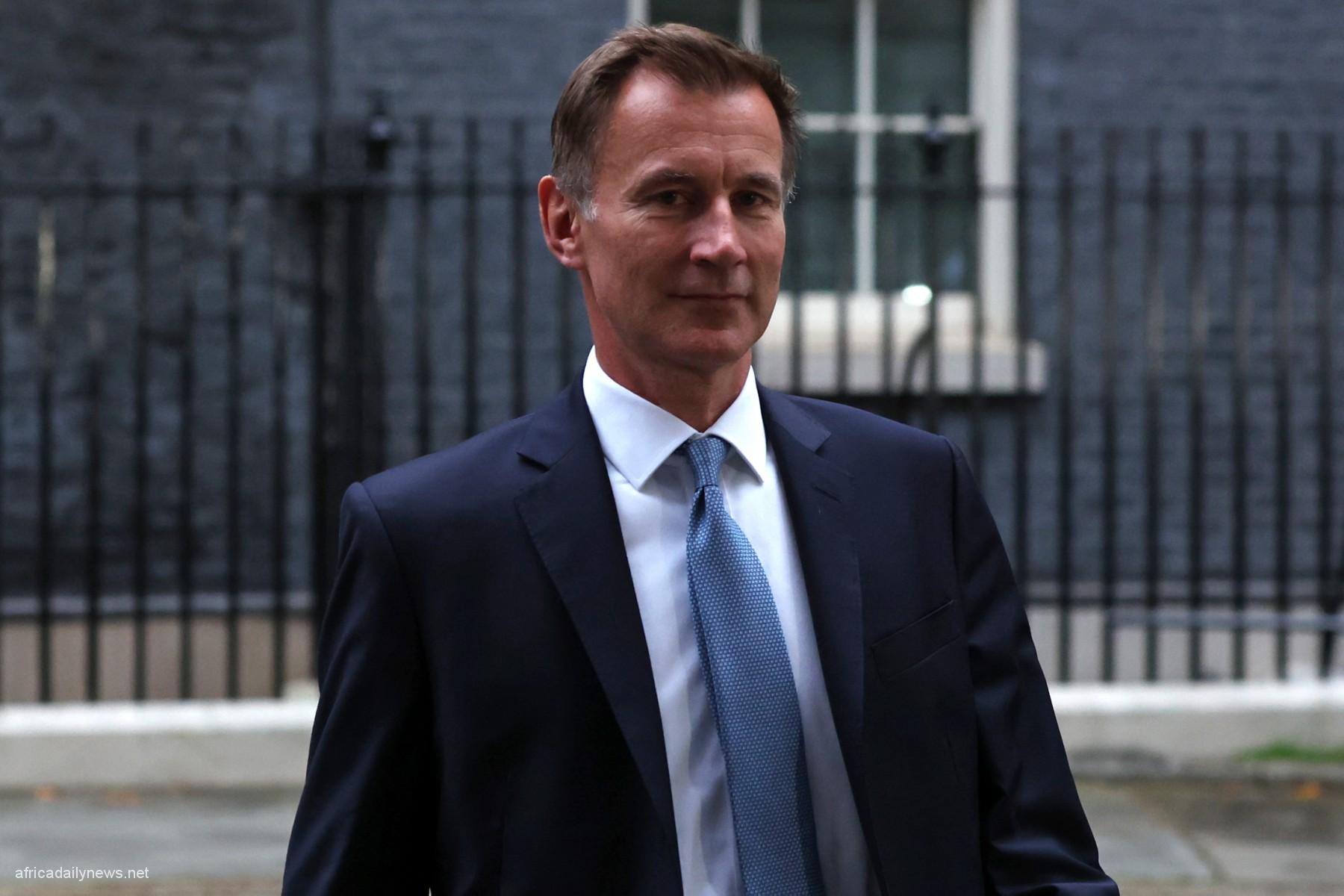German consumer prices climbed in January for the first time in seven months, provisional official data showed Thursday, due to the end of a temporary VAT cut to stimulate spending in the pandemic.
Inflation moved into positive territory at the start of 2021, at 1.0 percent year-on-year, according to preliminary data from federal statistics agency Destatis. It was the highest level since March.
The figure surprised analysts polled by Factset, who had forecast a rate of 0.55 percent.
A sales tax reduction to boost consumer spending from July after the first wave of the virus contributed to lower prices in Europe’s top economy.
Read Also: Laschet Replaces Merkel As Leader Of Germany’s CDU
But the end of the VAT reduction on December 31 as well as a new carbon tax and an increase in the minimum wage from January acted to fuel inflation, Destatis said.
In mid-December, Germany tightened restrictions to curb the coronavirus spread, closing non-essential shops during the key Christmas shopping season.
After coping relatively well in the spring, Germany has been hit hard by the second wave, with the current shutdowns to remain in place until at least mid-February.
Energy prices in Germany fell 2.3 percent in January year-on-year, while those for services climbed 1.5 percent. Food prices rose 2.2 percent meanwhile, Destatis said.
According to the European Central Bank’s preferred yardstick, known as the Harmonised Index of Consumer Prices (HICP), German inflation rose 1.6 percent year-on-year — below the ECB’s inflation target of just under two percent.
AFRICA DAILY NEWS, NEW YORK

